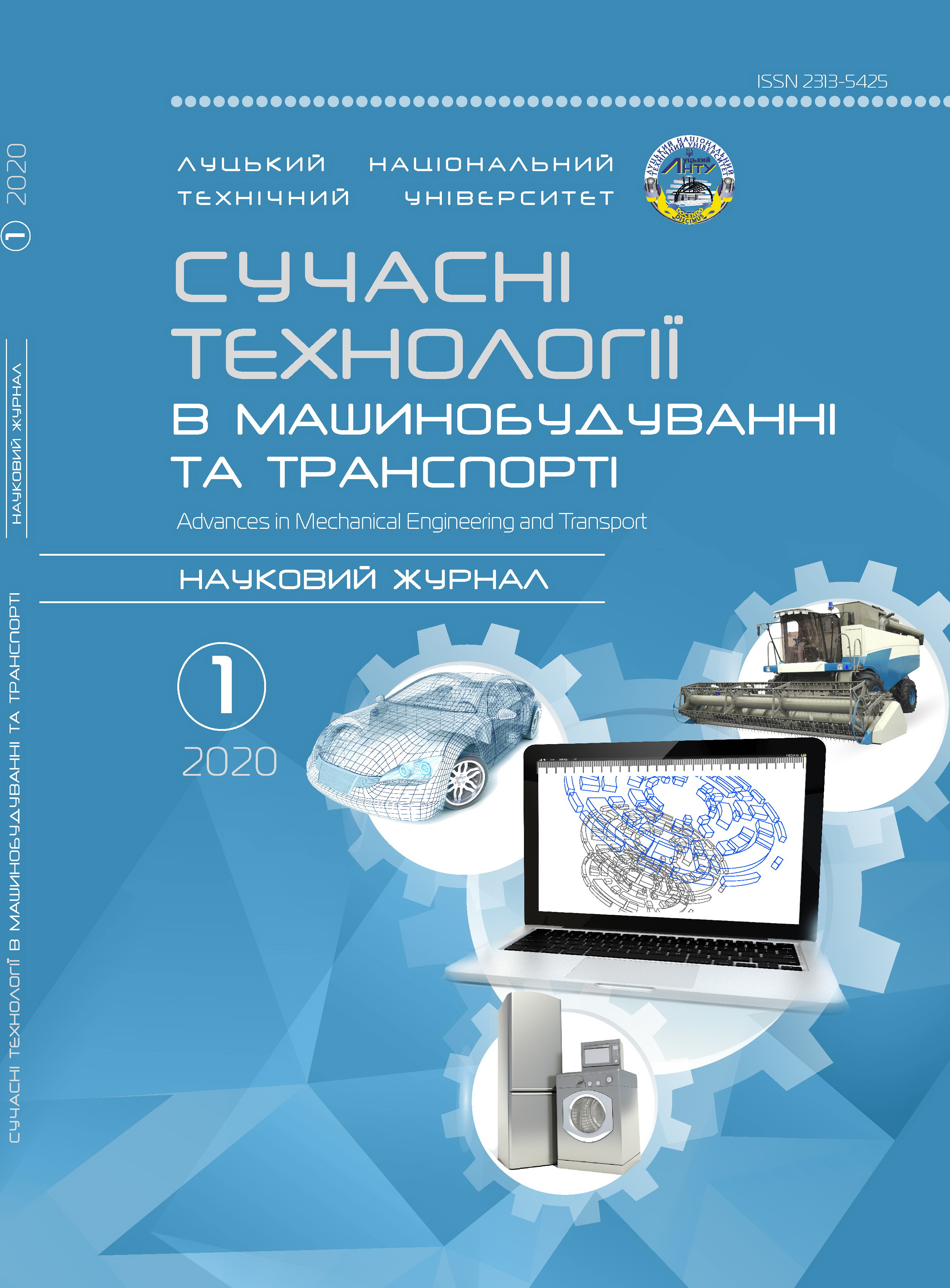INVESTIGATION OF THE FUEL OXYGEN OF VARIOUS ORIGINS-MADE EFFECTS ON THE COMBUSTION PROCESS IN A TURBOCHARGED CRDI DIESEL ENGINE
Abstract
The paper deals with the investigation of a fossil diesel and high-quality HRD (Hydrotreated Renewable Diesel) fuel blends involving Ethanol (E) or Biodiesel (B) oxygen-made effects on the combustion process in a turbocharged Common Rail Direct Injection (CRDI) diesel engine running under full (100%) loads at 1500 rpm, maximum torque speed 2000 rpm and the high speed of 2500 rpm. The study presents the experimental investigation and numerical simulation of biofuel oxygen-made effects on the combustion process in a diesel engine under brake mean effective pressures (bmep) = 1.24, 1.37 and 1.40 MPa developed for overall air-fuel ratios of λ = 1.30, 1.25 and 1.20 at the respective speeds. The fuel-oxygen mass content increased identically within the same range of 0 (E0/B0), 0.91 (E1/B1), 1.81 (E2/B2), 2.71 (E3/B3), 3.61 (E4/B4), and 4.52 wt% (E5/B5) in both fuel groups of various origins involving anhydrous (200 proof) Ethanol (E) and rapeseed Biodiesel (B). It is important to note that the cetane number possessed the same value of 55.5 for all fuel blends tested. This ensures stable auto-ignition needed to perform accurate comparison of the obtained results between the two fuel groups and extract from the study as much information as possible in the scientific research about the fuel-oxygen enrichment rate and the widely differing properties of biofuels-made effects on the combustion process. Both qualitative and quantitative analyses of the newly designed fuels-made effects on the compression ignition delay and the combustion attributes were performed comparing data between themselves in the same fuel group, between the fuel sets E and B and with the respective values measured with the reference, oxygen-free blend E0/B0 to reveal the existing developing trends. Analysis of the relative changes in compression ignition delay, specific burn angle MBF 50, maximum heat release rate and the peak in-cylinder pressure developed from combustion of oxygenated fuel blends E1-E5 and B1-B5 performed on the comparative bases with the corresponding values measured with blend E0/B0 to reveal potential developing trends in the auto-ignition delay and the combustion process.
Keywords: Diesel engine; Diesel-HRD fuel blends; Ethanol; Biodiesel; Auto-ignition; Combustion process; Maximum heat release rate; specific angle MBF 50; Maximum in-cylinder pressure.




